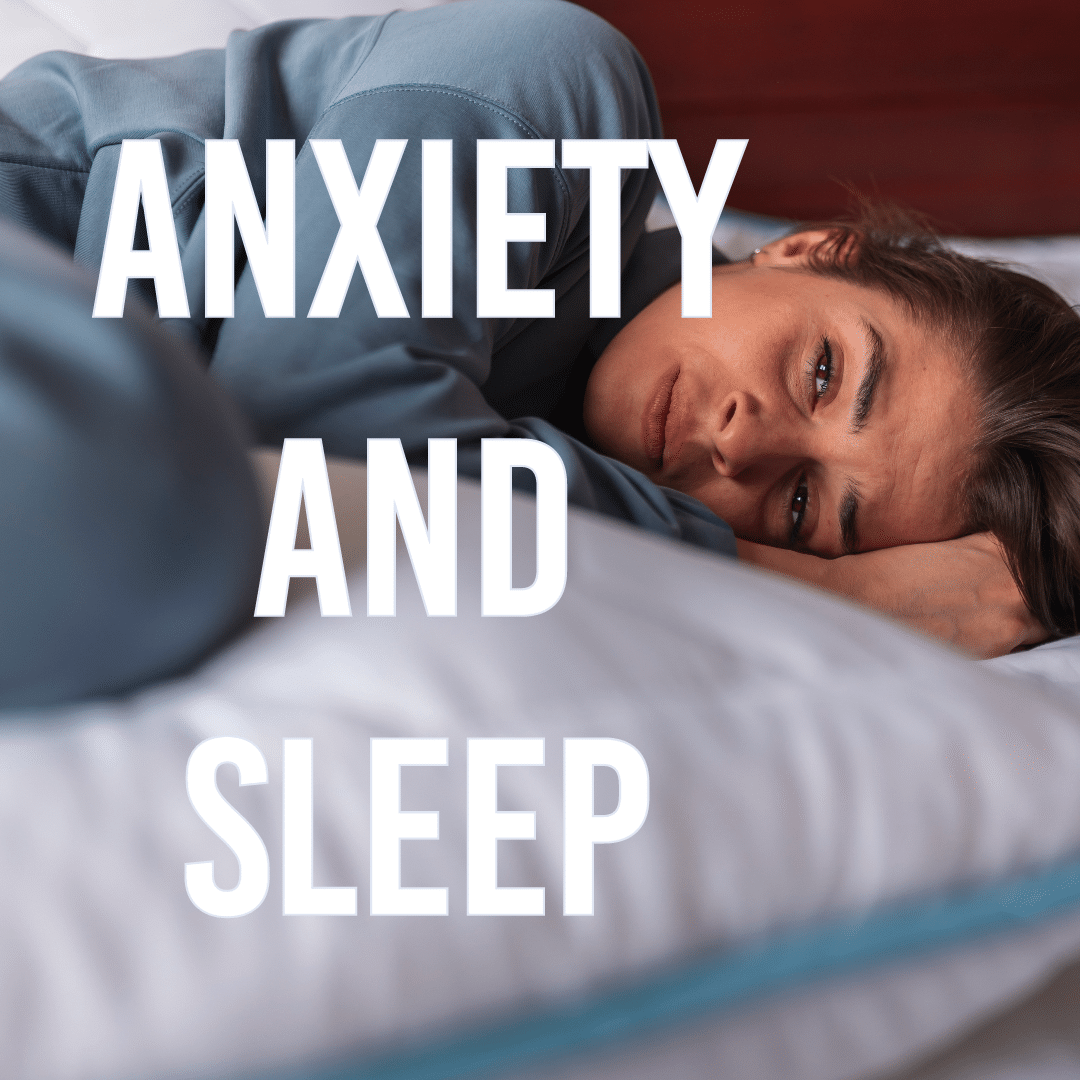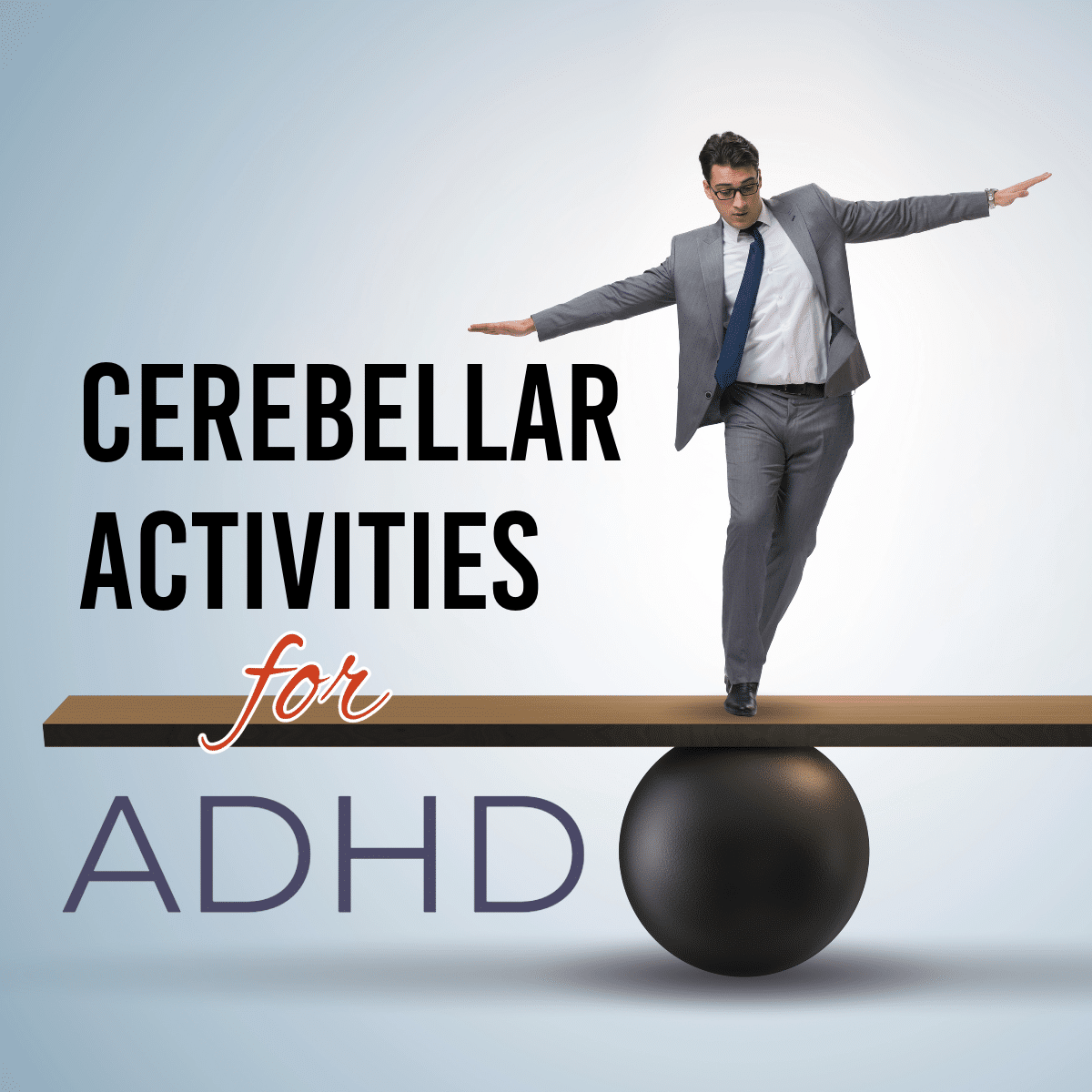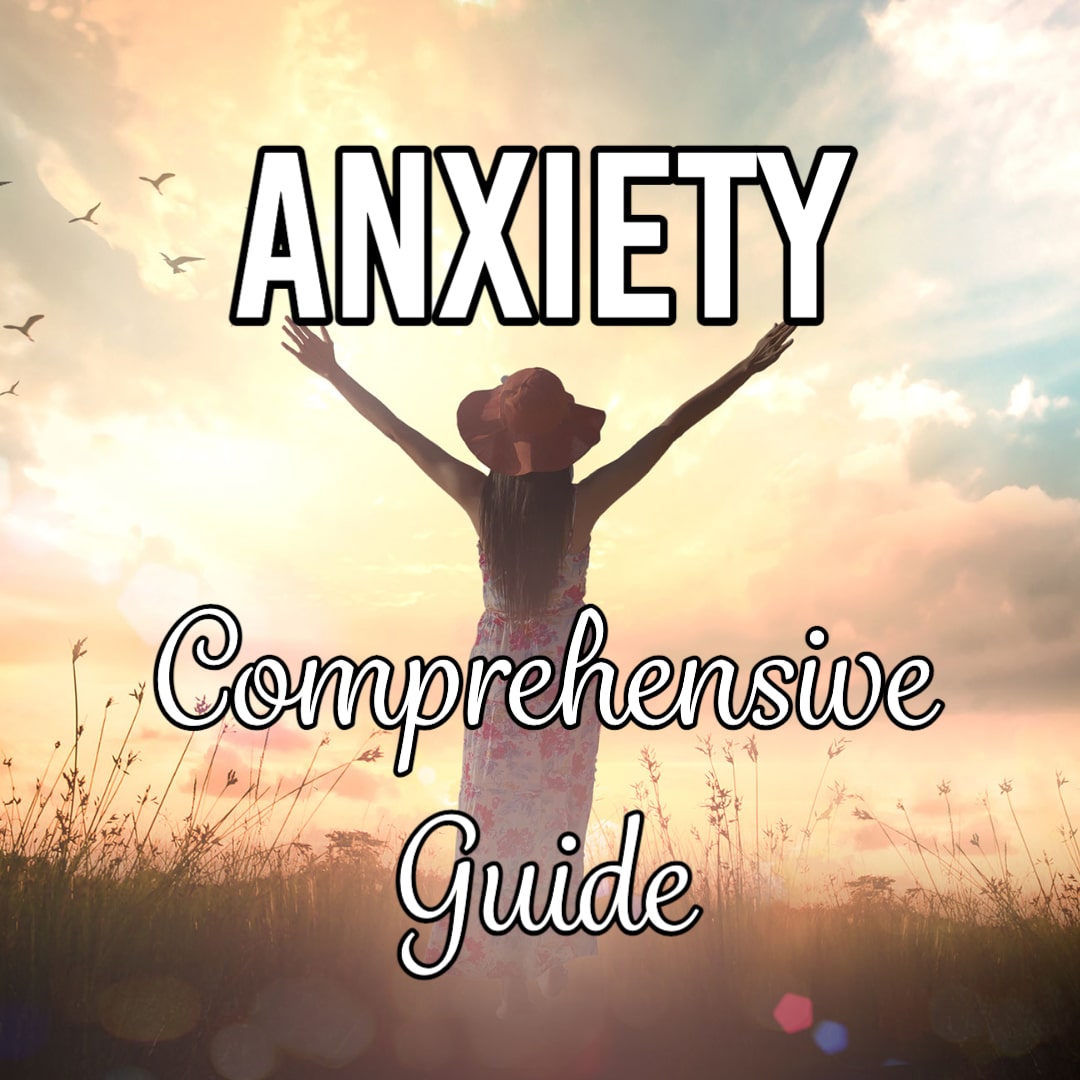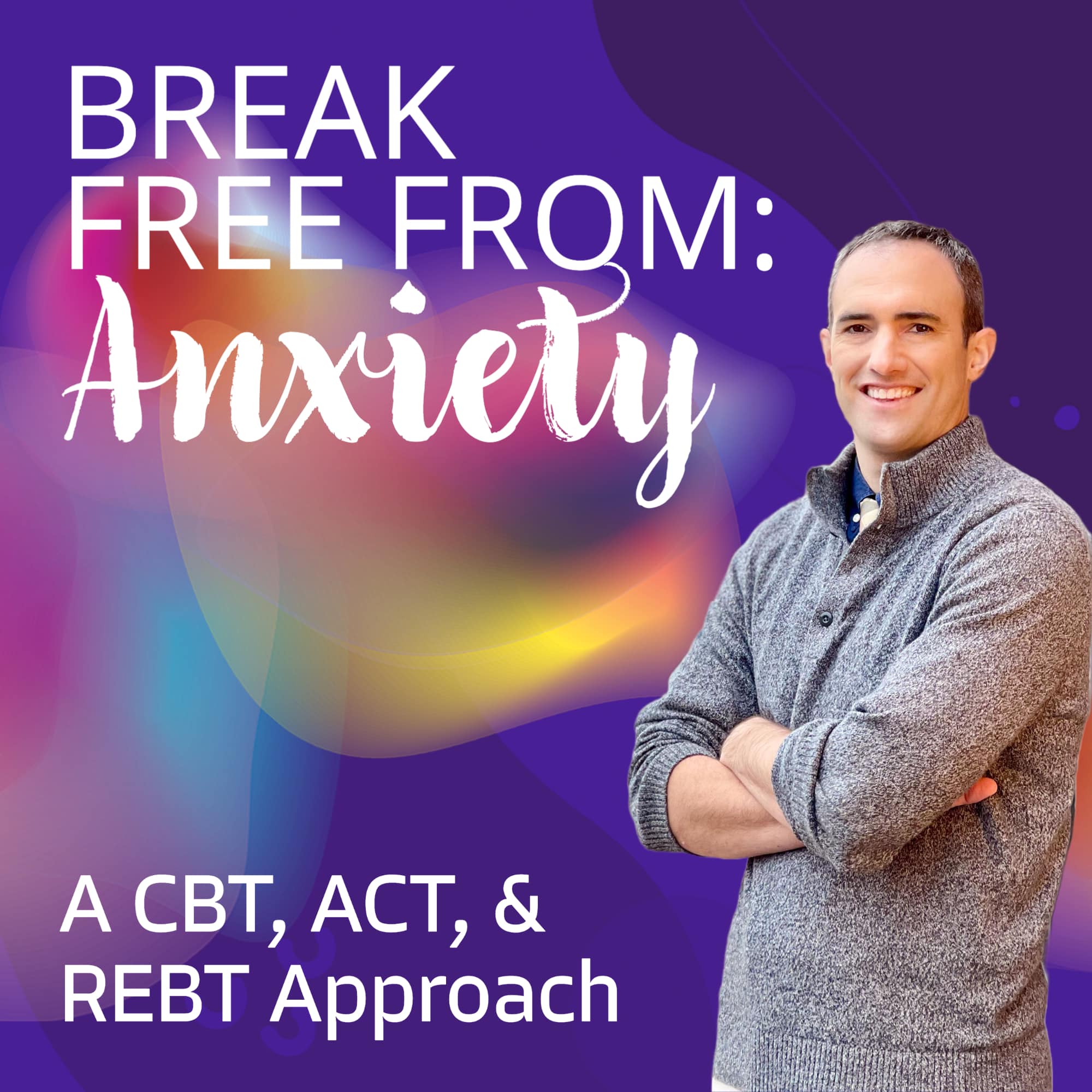MDMA, better known as ecstasy, has become much more popular recently as it heads toward legalization in 2023 following a significant Phase 3 clinical trial (see below for study biases). This was a topic that was recently discussed by Dr. Bruce Bassi.
KEY TAKEAWAYS
- MDMA allows your brain to create new neuronal connections to relearn and reprocess old memories.
- MDMA-assisted therapy works by reducing fear and defenses, and increases trust and empathy.
What is PTSD and what are the classic treatments?
Post-traumatic stress disorder (PTSD) is a serious mental health condition that can develop after experiencing or witnessing a traumatic event. Symptoms of PTSD can include difficulty sleeping, flashbacks, intrusive thoughts, and avoidance of people, places, and things that remind the individual of the trauma. Historically, the treatment has been Cognitive Behavioural Therapy (CBT) to help to retrain the brain to reframe events and memories that have, in the past, led to trauma.
The effects of these symptoms can often be so deeply ingrained, making the patient feel as if they have no control whatsoever over their own reactions, that it makes it a very complex condition to treat. Traditional forms of therapy have been recommended for many years but now we are seeing a great leap in the treatment of PTSD with the looming legalization of the psychedelic drug MDMA (3,4-methylenedioxymethamphetamine). This comes as a result of some very promising Phase 3 trials of the drug as a therapeutic aid, following 37 years of research.
Here are five things to know about the treatment known as MDMA-assisted psychotherapy:
Excerpt from Dr. Bassi on the legalization of MDMA
1. MDMA increases the receptivity of the patient to the processes of psychotherapy.
Studies have shown that MDMA can help to reduce anxiety and fear, and can increase feelings of openness and self-compassion.
It affects the levels of several neurotransmitters in the brain, including serotonin, dopamine, and norepinephrine, which help to regulate mood and social behaviors. The change in levels can lead to feelings of euphoria, and emotional closeness. Additionally, increased levels of oxytocin, a hormone associated with social bonding and trust, are also observed in response to MDMA.
2. MDMA enables the patient to approach their trauma from a new mindset.
MDMA is thought to facilitate treatment by reducing fear and defensiveness, while also increasing trust and empathy. It allows patients to revisit their trauma in a different state of mind and to process it with the help of their therapist in a safe and supportive environment.
3. MDMA helps to remove feelings of isolation.
One of the typical symptoms of PTSD is the feeling of isolation and disconnection from others. MDMA’s mind-altering benefits enable the patient to feel greater empathy and trust, giving way to a deeper connection with their therapist as well as a greater willingness to revisit traumatic events.
4. MDMA-assisted therapies are proving to be effective much faster than traditional therapies.
Traditional therapies for treating PTSD include cognitive behavioral therapy (CBT), eye movement desensitization and reprocessing therapy (EMDR), and exposure therapy. While they can be helpful, it can be a long road to reach there.
What they have in common is that they help the patient to revisit the events that cause trauma, which can be extremely difficult and even traumatizing for patients. MDMA helps to set the scene for this therapy to be effective much quicker.
After years of clinical trials, several have now been completed, all showing similarly positive results. In a Phase 3 trial completed in 2021, it was shown that the decrease in severity of PTSD symptoms was twice the rate of traditional therapies.
5. There are risks but they are small.
As with any medical treatment, there are potential risks and side effects associated with MDMA-assisted psychotherapy.
The most common side effects reported in clinical trials of MDMA-assisted psychotherapy for PTSD are nausea, headache, fatigue, loss of appetite, sweating, and dizziness. Less common side effects include temporary changes in blood pressure and heart rate, jaw clenching, muscle tension, and insomnia. Although rare, some people have reported feeling depressed or anxious after taking MDMA.
It is important to note that these side effects are typically mild and short-lived. Most people who participate in MDMA-assisted psychotherapy do not experience any serious adverse effects.
Conclusion
With the premise that MDMA will become a formally FDA-approved aid in MDMA-assisted psychotherapy for treating PTSD very soon, we are expecting to see dramatic changes in the availability of fast and effective options for PTSD patients as well as increased MDMA-assisted treatment options for many different mental health conditions.
This could be the positive change we have been waiting for amidst a growing mental health crisis.
What should be kept in mind about the landmark study?
It’s important to realize a few main controversial points regarding this phase 3 trial.
1. MDMA was compared to placebo rather than a low dose of MDMA. In fact a whopping 96% of individuals knew that they were taking MDMA. Therefore the study actually was not blinded.
2. Nor were therapists blinded to the treatment (MDMA vs placebo). It is likely they were not delivering the same type of therapy to both groups.
3. Finally, there was a selection bias present in the study population. A total of 32% of participants have tried MDMA before, so people who had a bad experience with MDMA would be highly unlikely to enroll in a study where they knew they would likely have that experience again.
If you are struggling with substance or alcohol use, depression, or anxiety, intensive outpatient may be right for you. Contact us at (888) 730-5220 or contact us to begin the process of healing today!

 Bruce Bassi
Bruce Bassi





